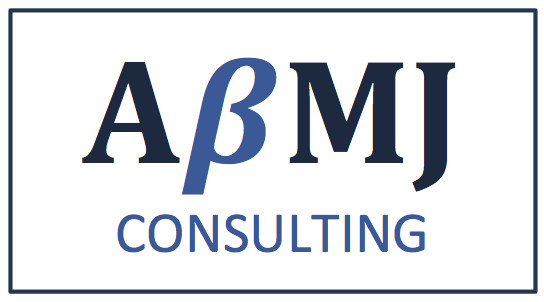Social networks have value. More productive social networks provide individuals, firms, and communities a variety of advantages. Better social networks may create more trust among people. They may lead to more productive social norms. They may help information flow to where it is most valuable. They may facilitate favor exchange, and they may help reduce conflict.
Social scientists use the term social capital to encapsulate the productive value of social networks and social interactions. Like other forms of capital -- human, physical, and natural -- social capital is an important input in production. Like the other forms of capital, one must invest in acquiring or creating it. Social networks do not build themselves. They must be built. Social capital does not just exist. It must be created and maintained.
In spite of the value created by social capital, most organizations invest in it only haphazardly (if they invest in it at all). While firms understand that they need talent and technology, the necessity of productive social networks is often overlooked. It is easy to take social relationships for granted. It is easy to think an effective social network will naturally emerge, but this is not necessarily the case. Some form of social network will be created, but the "natural" network may not be the best network.
Failure to invest in social capital leads many individuals, firms, and communities to fall short of their potential. Our goal is to help remedy this problem by helping clients build their social capital.
How do we do this?
Social capital includes four elements:
(1) The network -- Who do you know? Who do have a relationship with?
(2) The network's potential -- What can each person in your network provide you? (A network that includes more people with more resources has greater potential to generate value.)
(3) The strength (or quality) of ties between people in the network -- What is each person in your network willing to provide? (The nature of each relationship governs what the network will actually provide.)
(4) Social skills and opportunities -- Do people have the skills and opportunities to forge new connections and maintain existing connections? (There may also be the separate skill of extracting value -- i.e., asking people for help).
We work to build individuals', firms', and/or communities' social capital by addressing each of these areas. We help forge connections (build bridges), particularly between people who may have much to offer each other ((1) and (2)). We help strengthen bonds (3). We help increase social skills/create more opportunities to create and maintain connections (4).
Specifically, we offer four main services
(1) High level education about social capital. This service is a short course in social capital. We offer different courses for individuals, firms, and communities. In each course, we describe why investing in social capital helps attendees succeed/achieve their potential/maximize their productivity, and we provide an overview of methods to build and maintain social capital.
(2) Social network assessment. In this service, we collect and analyze data that allow us to describe the existing network and identify opportunities for improvement. In this analysis, we strive to help clients answer questions like: Are there bridges that need to be built between members of their organization? Are there bonds that need to be strengthened? Are people sharing information? Are people seeking/receiving help from those who can/should provide it? Do teams have good norms/sufficient trust?
(3) Training to help people/organizations be better at building/maintaining social networks. This service area may include a variety of sub-services. However, broadly, in this area, we strive to help lower the costs and increase the benefits of social interaction.
· Individual training -- This training focuses on helping individuals identify their social strengths and weaknesses, and it focuses on helping each person leverage their strengths and mitigate their weaknesses. It could include addressing a variety of questions like: what situations do you find yourself in regularly? What is your typical response? What could you do better? How do you approach/handle/manage conflict? How do you get better at conversation? When/how/whom should you ask for favors/help? When/how/whom should you provide favors/help? What are the norms for professional manner in the 21st century?
· Group training -- This training focuses on building and maintaining productive relationships, social norms, and group identity in groups.
· Organization training and assessment -- This training focuses on helping organizations (and their leaders) create the conditions for and provide the resources to generate productive interactions. A key goal of this training is getting organizations to understand that building networks -- extending bridges and forging bonds -- is a job. Network creation and maintenance requires skilled humans. Further, we work with organizations to help them identify people who might naturally fill this role. In addition, we help organizations understand their role in creating and maintaining social capital: what events to have? How to structure events to maximize SK? What threats lurk (e.g., are certain policies or lurking conflicts that are likely to trigger emotions (like jealousy, resentment) that can destroy/weaken SK?
(4) Professional network builders. Finally, beyond education and analysis, we offer skilled practitioners. Our professional network builders regularly visit an organization to help make and strengthen connections. This may entail providing:
· Professional match making, finding people in the organization who should know each other and/or have a stronger relationship
· Creating and executing opportunities for interaction
· Facilitating meetings/help new teams establish (and maintain productive social norms)
· On-going network analysis
